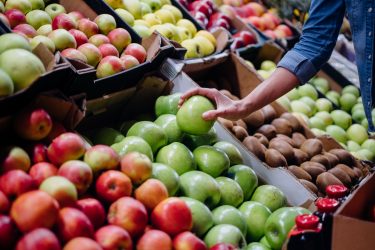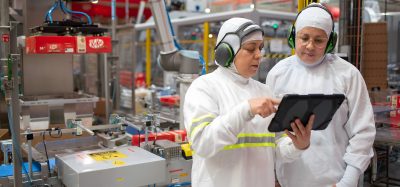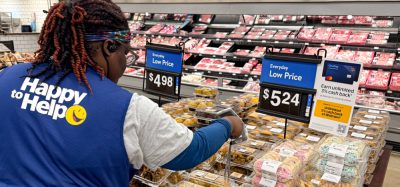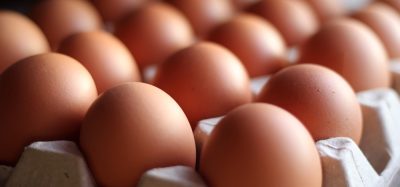A tale of two food systems
Posted: 2 June 2020 | Chris Elliott | No comments yet
Professor Chris Elliott highlights the UK’s clear food poverty divide and calls for a new, stronger national food strategy.


Recently, I have been thinking (and reading) a lot more about what has occurred in the UK since lockdown began (in mid-March), specifically what we are eating and how we are purchasing goods.
Some of the positives include, the huge rise in home cooking and less impulse buying.
For example, at my local supermarket, even with social distancing, I see so many more people at the fruit and vegetable section, selecting fresh produce to cook with. I do wonder when we return to more ‘normal’ times, whether most of us will revert back to the culture of fast-food, sandwich lunches and ready-meals…we’ll just have to see. I very much hope not, and in my discussions with some sectors of the food industry, I’ve been told that they’re gearing up for real changes in eating behaviours.


I’m also seeing a lot of young staff at the supermarket filling trolleys for the many online food orders that need to be delivered. So how we are purchasing food is also changing; this could mean many things in terms of retailers, such as a reduction in impulse buying. I guess we all know how dangerous it is to shop when you are hungry!
But there is a very dark (and dramatic) side to lockdown and food. Reports are appearing which highlight the millions of UK citizens going hungry because of the devastating economic impact of the pandemic. Food aid charities are warning that the demand for food parcels could spiral out of control. Linked to this is the discussion and debate about the reopening of schools. Right now, the focus is on the potential risks of the premature opening, but for many children this was where they received much of their nutrition. Such a difficult call to make on so many fronts.
What has become crystal clear is that our society is divided – probably more than ever in terms of food and nutrition. Those of us who are benefitting from the change in what we eat, compared to those many families in the middle of a terrible crisis.
COVID-19 has lay bare many societal issues. It made me think of that line in Dickens’ novel, A Tale of Two Cities: ‘It was the best of times, it was the worst of times’. It seems to sum up where we are in respect of the food we eat, or for some, don’t eat. But the burning question is: How do we, as a nation, address and bring about the much needed change that will create an equitable food system for all?
I have mentioned the urgent need in a previous New Food article – that an updated food policy for the whole of the UK is required. My hope is that a National Food Strategy led by Henry Dimbleby will play a major role in delivering this. I make no apologies for this statement; I strongly believe this change is vital for our nation.
In a Tale of Two Cities, one of Dickens’ major themes is around transformation. So, wouldn’t it be nice, if the same transformation is seen in my own – and others’ – writing? A transition from a tale of two very different UK food systems to one which meets the needs of all. Let this not be the work of fiction, instead let’s work together and make it a reality.
Related topics
COVID-19, Food Security, Health & Nutrition, Supply chain, The consumer, Trade & Economy









